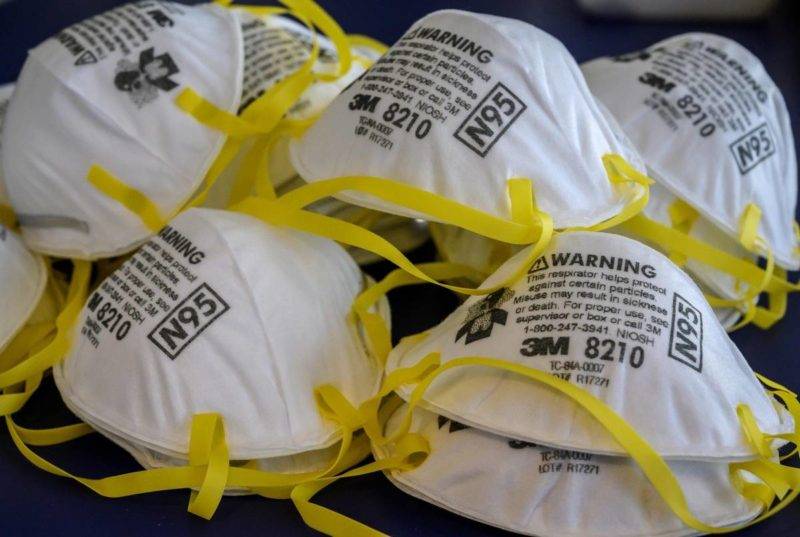
The National Institute of Diabetes and Digestive and Kidney Diseases (NIDDK) has published a study on Wednesday that says that microdroplets generated by speech can remain suspended in the air in an enclosed space for more than ten minutes, and they can be responsible for the spread of coronavirus.
Geo.tv reports that researchers at NIDDK had a person loudly repeat the phrase "Stay healthy" for 25 seconds inside a closed box.
A laser projected into the box illuminated droplets, allowing them to be seen and counted.
They stayed in the air for an average of 12 minutes, the study published in the journal Proceedings of the National Academy of Sciences of the United States of America (PNAS) showed.
Each minute of loudly speaking can generate more than 1,000 virus-containing droplets capable of remaining airborne for eight minutes or more in a closed space, the study said.
"This direct visualisation demonstrates how normal speech generates airborne droplets that can remain suspended for tens of minutes or longer and are eminently capable of transmitting disease in confined spaces," the researchers conclude.
The same team had observed that speaking less loudly generates fewer droplets, in a work published in the New England Journal of Medicine in April.
If the level of infectiousness of COVID-19 through speech can be confirmed, it could give a scientific boost to recommendations in many countries to wear a face mask, and help explain the virus's rapid spread.
Geo.tv reports that researchers at NIDDK had a person loudly repeat the phrase "Stay healthy" for 25 seconds inside a closed box.
A laser projected into the box illuminated droplets, allowing them to be seen and counted.
They stayed in the air for an average of 12 minutes, the study published in the journal Proceedings of the National Academy of Sciences of the United States of America (PNAS) showed.
Each minute of loudly speaking can generate more than 1,000 virus-containing droplets capable of remaining airborne for eight minutes or more in a closed space, the study said.
"This direct visualisation demonstrates how normal speech generates airborne droplets that can remain suspended for tens of minutes or longer and are eminently capable of transmitting disease in confined spaces," the researchers conclude.
The same team had observed that speaking less loudly generates fewer droplets, in a work published in the New England Journal of Medicine in April.
If the level of infectiousness of COVID-19 through speech can be confirmed, it could give a scientific boost to recommendations in many countries to wear a face mask, and help explain the virus's rapid spread.
